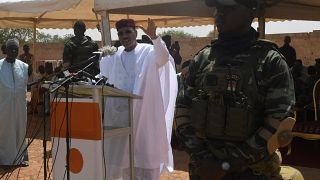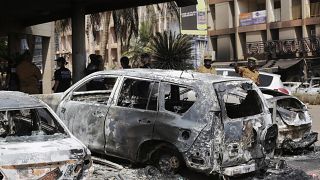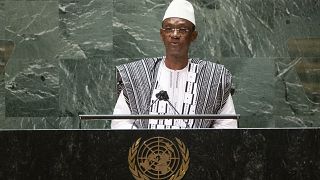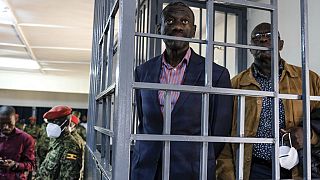sahel
During the UN General Assembly, Umaro Sissoco Embalo, president of Guinea-Bissau and ECOWAS acting chair, seized the opportunity to draw the attention of world leaders to the evolution of "terrorism, violent extremism and transnational crime" in the Sahel regions.
"The stability of a large part of our continent in general, and of West Africa in particular, is threatened by insecurity caused by terrorism, violent extremism, and transnational crime. We must necessarily involve the entire international community and the UN in particular."
The President of Niger, who is chairing the High-Level Panel on Security and Development in the Sahel, beckoned the international community to invest in education to fight against violence, and hence prevent terrorism.
"The population and the degradation of the climate, in combination, have created, thanks to the regional disorder following the fall of the regime of colonel Ghaddafi in 2011, the situation of chaos that the countries of the Sahel are experiencing today."
We must act by investing the necessary resources in education to fight against today's violence and prevent tomorrow's violence."
In December last year, the African Union and the United Nations pledged to work together, in tandem with the Economic Community of West African States (ECOWAS) and the G5 Sahel, which brings together five Sahelian countries, to improve the overall response to security, governance and development across the Sahel.












01:03
Mali’s junta appoints military general as new prime minister
01:09
Residents of Haitian capital improvise for their shelter
01:07
Pro-palestinian demonstrators protest in Rio de Janeiro as G20 summit unfolds
01:56
Niger: Thousands march in Niamey to denounce “destabilization plots”
11:05
New era of sovereignty in Mali's gold sector [Business Africa]
Go to video
Chad: At least 17 soldiers killed in Boko Haram attack